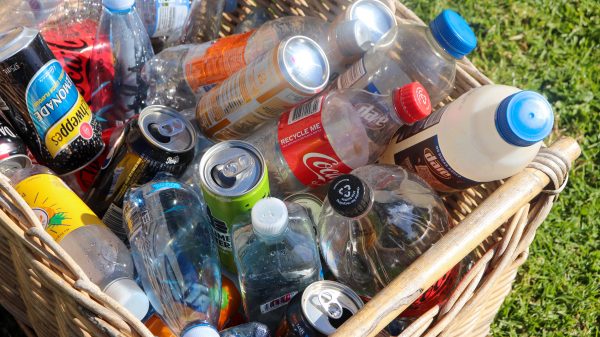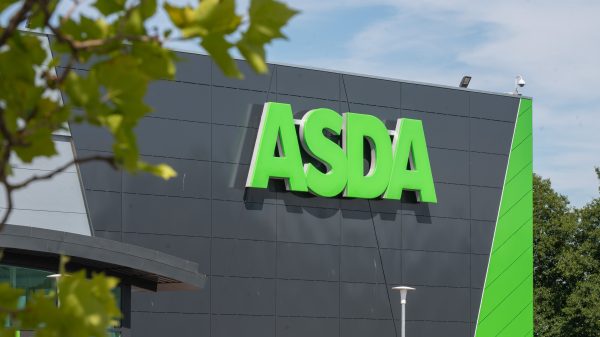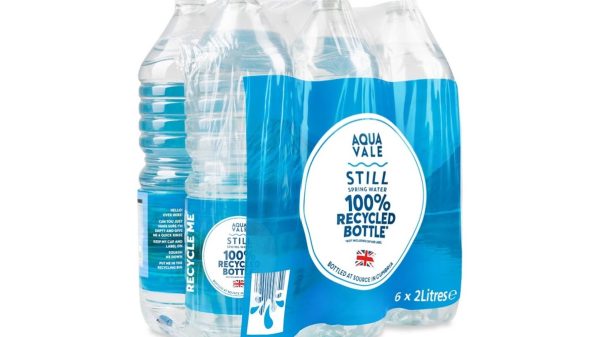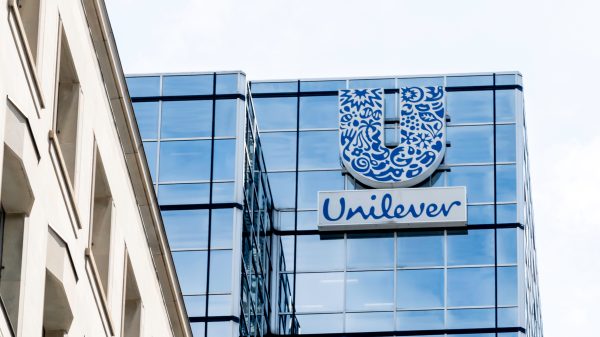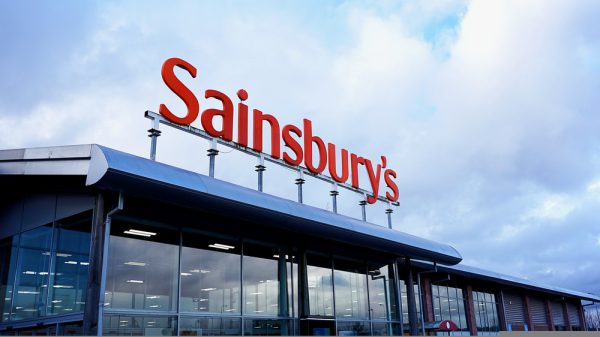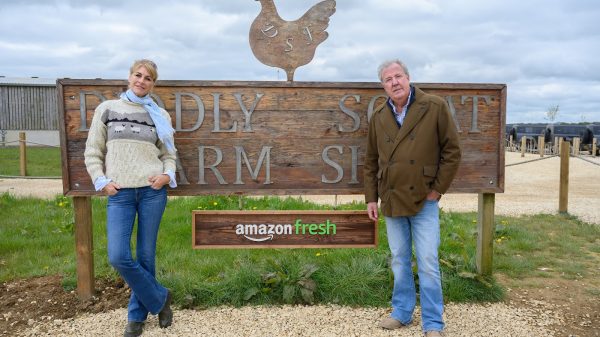After spending the best part of the last few months – and a great deal of money – on preparing for the upcoming HFSS regulations, retailers and FMCG brands were left mixed feelings last week, when the government announced it would be delaying the restrictions on multibuy deals and advertising foods high in fat, salt or sugar (HFSS) for a year.
Despite being planned for this October, the high in fat, sugar and salt (HFSS) foods and drinks multi-buy promotion ban has been pushed back by a full year – primarily, according to Department of Health and Social Care (DHSC) officials, as a result of the “unprecedented” squeeze on living standards.
The much-discussed and often controversial HFSS policy would have banned multibuy deals on ‘unhealthy’ foods and drinks – including buy one get one free (BOGOF), ‘3 for 2’, and restricting free refills for soft drinks. It will now be delayed until October 2023.
However, restrictions on the placement of HFSS products – a key part of the government’s commitment to reduce obesity – will still come into force in October 2022 as planned. This will mean HFSS products cannot be placed in key locations instore, such as checkouts, store entrances and aisle ends, in a bid to reduce impulse buys.
HFSS regulations pile on the pressure
According to the ACS’ chief executive James Lowman, the UK government’s insistence on pushing ahead with costly and confusing regulations at “a time when consumers and retailers are facing significant financial pressure is nothing short of astonishing.”
Lowman urged the government to rethink the regulations and to properly consider the implications for retailers and consumers.
“Going ahead with the location restrictions in October this year, costing thousands of pounds per store, will have a huge impact on thousands of small businesses that are already struggling to make ends meet,” he said.
READ MORE: HFSS rules on store placement will have ‘huge impact’ on retailers
“Retailers cannot absorb these costs; they will ultimately have to pass them on to their customers during the same month that everyone’s energy costs are set to skyrocket.
Lowman described the move while everyone else is trying to navigate the “worst cost of living and cost of business crisis in memory”, the government is regulating to send officials round to shops with tape measures to “make sure yogurt and pizza aren’t displayed too close to the door or on the end of an aisle”.
Elsewhere the chief scientific officer for the Food and Drink Federation, Kate Halliwell, welcomed the UK government’s decision for the delay, mainly attributing high inflation as the reason.
Halliwell said it “makes sense” to delay restrictions on volume promotions for everyday food and drink products, which includes breakfast cereals, ready meals and yoghurts as the scheme “risked further stretching already pressed household budgets”.
HFSS advertising delay gives industry space
Halliwell added that the FDF also welcomes the delay to the start of advertising restrictions, given the time it will take the industry to prepare for the change in law.
This comes as a ban on TV adverts for HFSS products before the 9pm watershed and on paid-for adverts online have also been delayed to January 2024.
“We are determined to tackle childhood obesity and are working hard to improve young people’s health, including by investing £550 million of government and lottery cash to level up access to sport and physical activity right across the country,” said Media, Data and Digital minister Julia Lopez.
“We have listened to the concerns which have been raised and will not be bringing in restrictions on junk food advertising until confident that the time is right.”
READ MORE: HFSS promotion ban tipped to be scrapped in government u-turn
Is the HFSS delay a ‘wasted opportunity’?
The decision of the delay has resulted in the UK government to come under fire with health campaigners, including TV chef Jamie Oliver criticising the decision. He has described it as a “wasted opportunity” that erodes the country’s efforts to tackle obesity.
According to OIiver, the decision to place TV junk food adverts before the watershed was “key” to protecting child health.
In a series of tweets, he said: “We know there’s a vital need to protect child health and make sure the next generation doesn’t suffer from diet-related disease. Policies like restricting junk food advertising to kids are crucial for levelling up and popular with the public.
“This is a wasted opportunity and it starts to erode the whole obesity strategy – which at some point looked progressive and world-leading written down, but is falling apart when it comes to acting on these policies.
“Parents and kids don’t want to hear any more excuses from the government. I really hope the Prime Minister @BorisJohnson proves me wrong and shows real leadership to give young people a healthier and fairer future.”
The Incorporated Society of British Advertisers director general Phil Smith added the 12-month delay is a “welcomed acknowledgement”.
Smith said: “At a time of low growth, it makes little to no sense to pile costs on advertising – an industry which is a key driver of Britain’s economic success. With the UK in the grip of a cost of living crisis and with the spectre of rising inflation, we need a total focus on supporting our food manufacturing and broadcast industries to grow and invest.
“Britain’s obesity crisis is a serious one which needs serious solutions – on physical activity, food education, and tackling poverty. As we have done in the past, advertisers stand ready to work with government to play our part in tackling the actual root causes of the problem.”
The news comes as the HFSS legislation delay was criticised by former health minister Lord Bethell, who said failure to tackle the “obesity crisis” would simply add to the costs of the NHS.
Speaking to BBC’s Radio 4 Today programme Bethell said he is “concerned” that it will blow a hole in the obesity strategy, which already has a massive follow-on effect on all of the government’s health targets.
“More people are getting cancer due to obesity-related effects. So the cancer 10-year plan, the extra five years of longevity and many more of our health targets are damaged by this,” he said.
“All of this illness that is caused by (being) overweight from junk food is being carried by the NHS and by the taxpayer.”
Despite ministers believing the delay will give some breathing space to consumers, many have called out the government for its “empty gesture”, with many obesity charities concerned and worried about the health of children if nothing is done sooner.
Click here to sign up to Grocery Gazette’s free daily email newsletter


